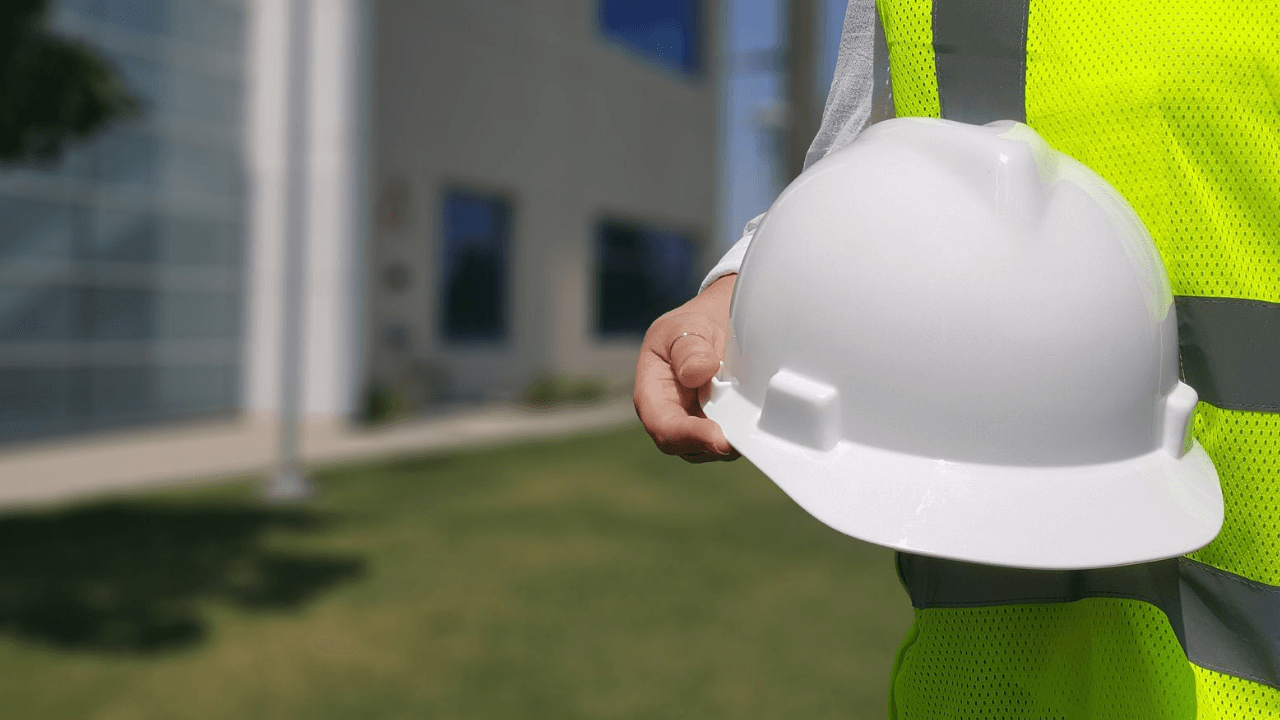Improve Indoor Conditions via Industrial Hygiene Consulting
BlogUnderstanding the Impact of Indoor Conditions on Workplace Safety
Indoor environmental quality plays a significant role in ensuring the health and safety of employees across various industries. Poor indoor conditions can lead to a range of health issues such as respiratory problems, allergies, and fatigue, which directly impact productivity and worker wellbeing. This makes industrial hygiene consulting an essential service for organizations aiming to improve their indoor environments and maintain regulatory compliance. Particularly in sectors like food manufacturing, where environmental control is crucial, integrating food processing safety solutions with industrial hygiene practices ensures optimal indoor conditions that protect both employees and products.
Through comprehensive assessments and targeted interventions, industrial hygiene consulting helps companies identify indoor environmental hazards, including chemical exposures, biological contaminants, and inadequate ventilation. When paired with specialized food processing safety solutions, these services become even more vital in maintaining a safe and hygienic workplace, ultimately improving overall operational performance.
The Role of Industrial Hygiene Consulting in Indoor Air Quality
One of the primary focuses of industrial hygiene consulting is the evaluation and control of indoor air quality (IAQ). Poor air quality can be a result of chemical emissions, particulate matter, microbial growth, or insufficient airflow, all of which can compromise worker health. Consultants trained in industrial hygiene use advanced monitoring equipment to measure contaminants and identify sources of indoor pollution.
In food processing facilities, maintaining clean air is doubly important due to the potential for airborne contaminants to affect both workers and food products. This is where food processing safety solutions come into play, providing targeted strategies to control microbial contamination and airborne particles. By combining industrial hygiene consulting with these food-specific safety measures, companies can significantly reduce the risks of contamination and occupational illness.
This integrated approach ensures that indoor air meets health and safety standards, creating a healthier environment that supports productivity and compliance with regulatory bodies such as OSHA and the FDA.
Controlling Chemical and Biological Hazards Indoors
Indoor environments can harbor numerous chemical and biological hazards that impact worker health and food safety. Industrial hygiene consulting helps identify exposure to harmful chemicals such as cleaning agents, pesticides, and industrial solvents, which are common in food processing settings. Consultants analyze air and surface samples to detect these substances and assess their concentrations.
By implementing effective control measures aligned with food processing safety solutions, companies can reduce exposure risks. These may include improved ventilation systems, substitution of hazardous materials with safer alternatives, and enhanced hygiene protocols. Controlling biological hazards, such as mold, bacteria, and viruses, is equally critical and requires ongoing monitoring and sanitation efforts.
The combined expertise of industrial hygiene and food safety specialists ensures that control strategies address both worker safety and product protection, fostering a safer indoor environment that supports operational excellence.

Enhancing Ventilation and HVAC Systems
Ventilation is a cornerstone of maintaining good indoor conditions. Inefficient or poorly maintained HVAC systems can exacerbate contamination risks by circulating pollutants or failing to provide adequate fresh air. Industrial hygiene consulting involves thorough evaluation of ventilation performance and airflow patterns within facilities.
In food processing plants, this assessment is integrated with food processing safety solutions to ensure that air systems do not compromise product safety. Consultants recommend upgrades, maintenance schedules, or redesigns of HVAC systems to optimize air quality and reduce contaminant buildup.
Improved ventilation not only enhances worker comfort but also helps meet stringent food safety regulations. The collaborative approach between industrial hygiene consulting and food safety programs results in indoor environments that support both health and regulatory compliance.
The Importance of Continuous Monitoring and Training
Sustaining improved indoor conditions requires ongoing efforts beyond initial assessments and interventions. Industrial hygiene consulting services often include the development of continuous monitoring programs that track air quality, surface contamination, and other environmental parameters over time.
When paired with food processing safety solutions, these monitoring programs help food manufacturers promptly identify and address any deviations from safety standards. Data gathered through monitoring also supports regulatory reporting and internal audits.
Moreover, educating employees about the importance of maintaining good indoor conditions is a key component of effective risk management. Industrial hygiene consultants assist companies in developing training programs that promote awareness of potential indoor hazards and best practices to mitigate them.
How Food Processing Safety Solutions Complement Industrial Hygiene Consulting
The unique challenges faced by food processing facilities demand specialized approaches that integrate food processing safety solutions with general industrial hygiene principles. While industrial hygiene consulting focuses broadly on occupational health and environmental factors, food processing safety solutions target specific risks related to food contamination.
This complementary relationship ensures that interventions address all aspects of indoor environmental quality. For example, sanitization procedures and allergen controls developed through food safety programs work hand in hand with industrial hygiene recommendations for ventilation and chemical control.
Together, they create a comprehensive safety framework that improves indoor conditions, protects workers, and ensures the integrity of food products. This holistic strategy is essential for achieving long-term operational success and compliance.
Conclusion
Improving indoor conditions is a multifaceted challenge that requires expertise in both occupational health and food safety. Through expert industrial hygiene consulting, companies gain valuable insights into controlling chemical, biological, and environmental hazards that impact worker wellbeing and regulatory compliance.
When combined with tailored food processing safety solutions, these efforts become even more effective, addressing the specific needs of the food industry. Together, they help create safer, healthier indoor environments that support productivity, reduce contamination risks, and uphold the highest standards of safety.
Investing in integrated consulting and safety programs is a strategic move for any organization committed to excellence in workplace health and food product integrity.
